Date: 25 February 2014
Besides the cullet house itself the scope of delivery also entails the software planning and the complete control system.Also the steelworks, assembly and commissioning are part of the job.
.jpg)
The cullet house serves to store own cullet, intermediate cullet, special cullet and fine-grain. Three independent transport systems provide maximum flexibility of the total system for supplying the four furnaces with cullet. As Wiegand Glas works with a very high share of cullet, this system will in future portray a very important role in the melting material supply in Steinbach plant.
A further order for this project reached us from company Mogensen in Wedel.
The company Mogensen is building one of the currently most modern and largest recycling glass processing systems for Wiegand Glas. We are pleased to be providing the entire conveying engineering for this.

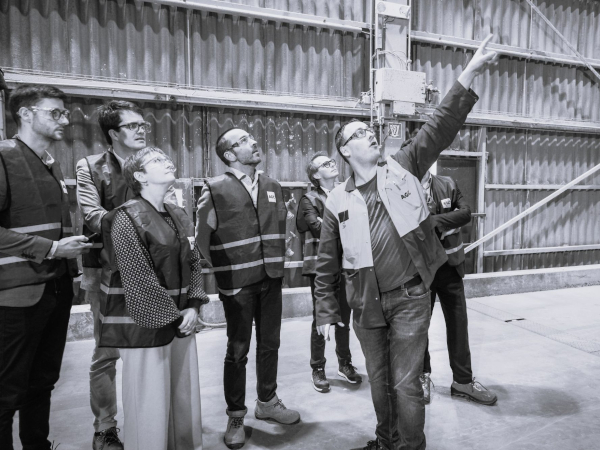
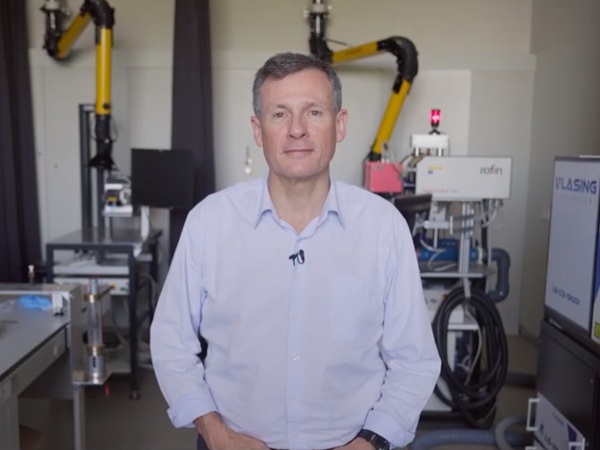
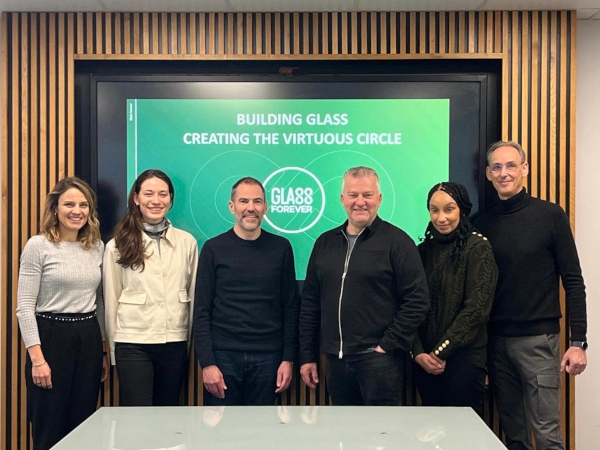
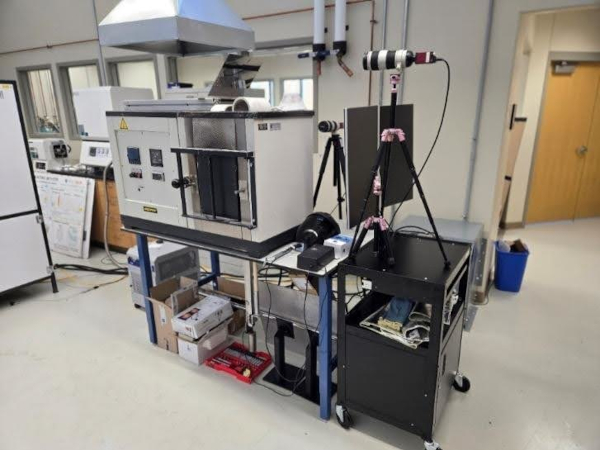
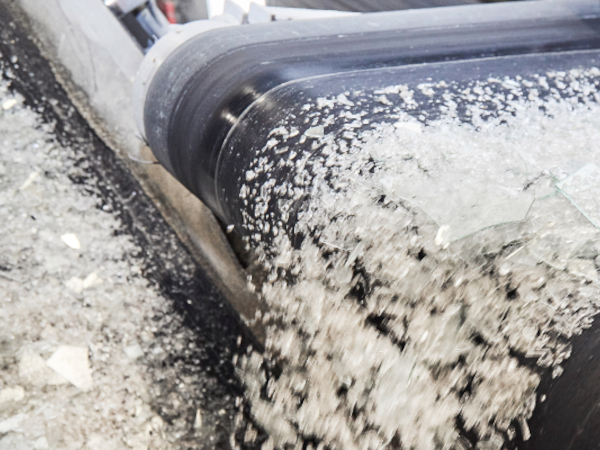
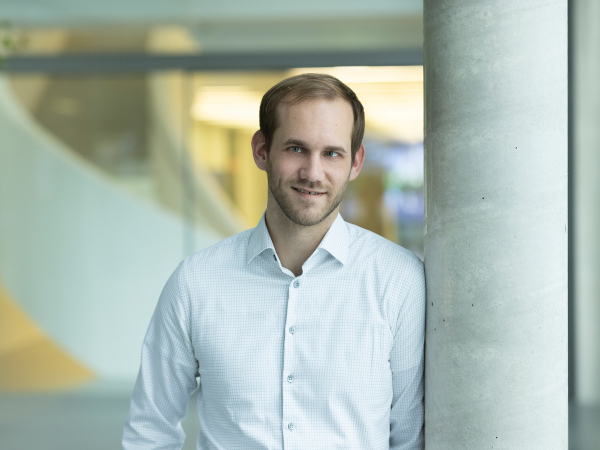
Add new comment